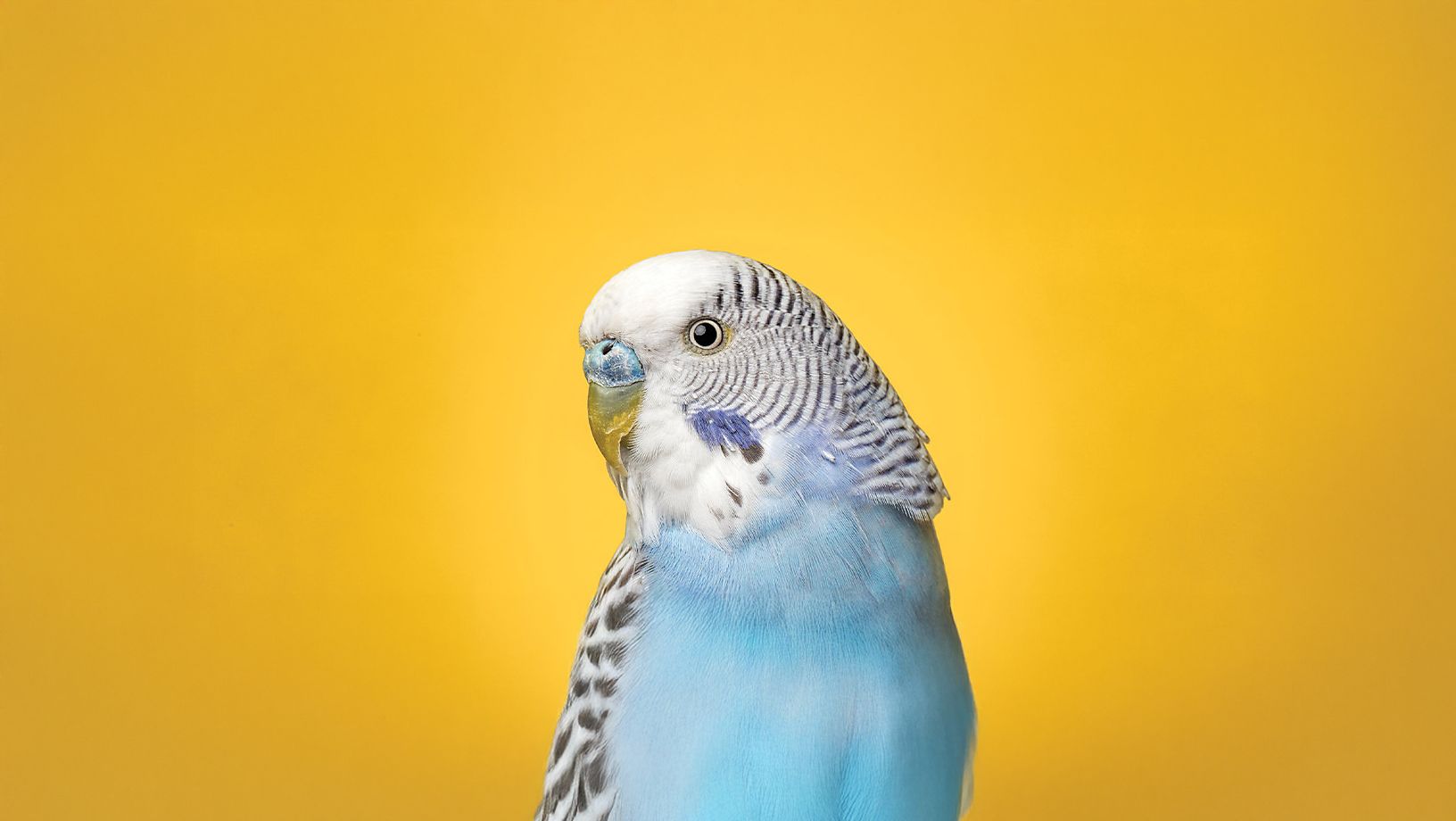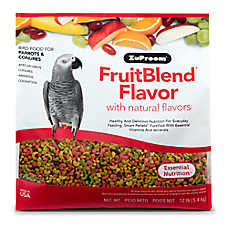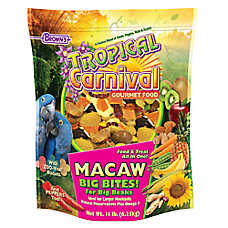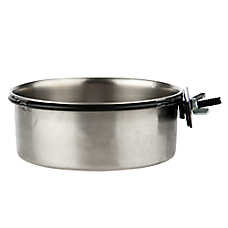What Do You Need for a Pet Bird?

Bringing home a new pet is exciting and rewarding! But making sure you’re prepared for their arrival can seem like a daunting task, especially if you’re welcoming a pet bird into your home. Not to worry! Once you’re equipped with the right knowledge, your feathered friend will be all settled in in no time. So, what do you need for a pet bird? Use our checklist to find out exactly what you need to help your pet bird live a happy, healthy life.
Setting Up Your Bird’s New Digs
Giving your birdie a place to call home that is both comfortable and functional is essential to helping them live their best life. Once you’ve selected your bird’s cage, it’s time to decorate! Read our guide to setting up your bird’s cage for more information on how to get started. So, what do you need to help your bird thrive?
- A Birdcage: Choosing a cage for your pet bird is essential. You should select a birdcage based on your bird’s species and size. If you have multiple birds, you’ll need a larger birdcage. When deciding how wide their cage should be, make sure it’s at least twice the size of your bird’s wingspan. You should also take into consideration the width of the bars; make sure they’re close enough together so that your bird can’t fit through the
- Bedding: You’ll need recycled-paper bedding for the enclosure floor to absorb droppings and control odor. You can also use a paper liner; just be sure to replace it every other day.
- A Place to Perch: It’s no secret that birds are big fans of perches! To find the right size perch for your bird, make sure that there’s a ¾ inch gap between their front and rear nails. Bird swings are also a birdie favorite. They can perch and swing at the same time, providing lots of joy for your pet.
- Toys: Keep boredom at bay by putting bird toys in their cage. Have fun with it! Choose toys in a variety of colors and activities you think your bird will truly enjoy. Be sure to select toys that are appropriate for your bird’s size.
- A Bowl or Feeder: Make mealtime easy by putting a bowl for your bird’s food directly inside their cage.
What Do I Feed My Bird?
The answer to this question is a tricky one, because birds can actually be very picky eaters. But with a little patience and persistence, you’ll find the things they love and the things they could do without.
Fruits and Veggies
You may think that birdseed and other bird foods are the primary things you should feed them, but those foods are only a small part of a healthy pet bird’s diet. Fresh vegetables should be a large part of your bird’s diet, along with a small portion of fruits. Most birds like leafy greens when it comes to veggies. Some favorite fruits include papayas, bananas, melon, mangos, oranges, kiwi, and apples.
Pellets
Bird pellets are a great way to ensure that your bird is getting all the nutrients they need. They also prevent your feathered friend from only eating the parts they like and picking out the stuff they don’t like.
Treats
Your pet bird brings you so much joy, why not pay them back with a treat? Bird treats can be given to your birdie as an occasional treat. And as an added bonus, they can keep them entertained and happy!
Birdseed
Though it seems like the most obvious thing to feed your bird, birdseed is actually too high in fat to be a healthy choice for pet birds. So, it’s best to keep the birdseed to a minimum or leave it to the feathered friends who visit in your backyard.
Keep Them Lookin’ Fly
From their beaks to their nails, you’ll need some tools to help keep your bird groomed. You can put a bird bath directly in their cage so they can clean themselves, give them cuttlebones to keep their beak in tip-top shape, and trim their nails with bird nail trimmers.
Whether you’re bringing home a canary, parakeet, parrot or other pet bird, now you have all the tools you need to help them live their best life.
Information in this article is not intended to diagnose, treat or cure your pet and is not a substitute for veterinary care provided by a licensed veterinarian. For any medical or health-related advice concerning the care and treatment of your pet, contact your veterinarian.


